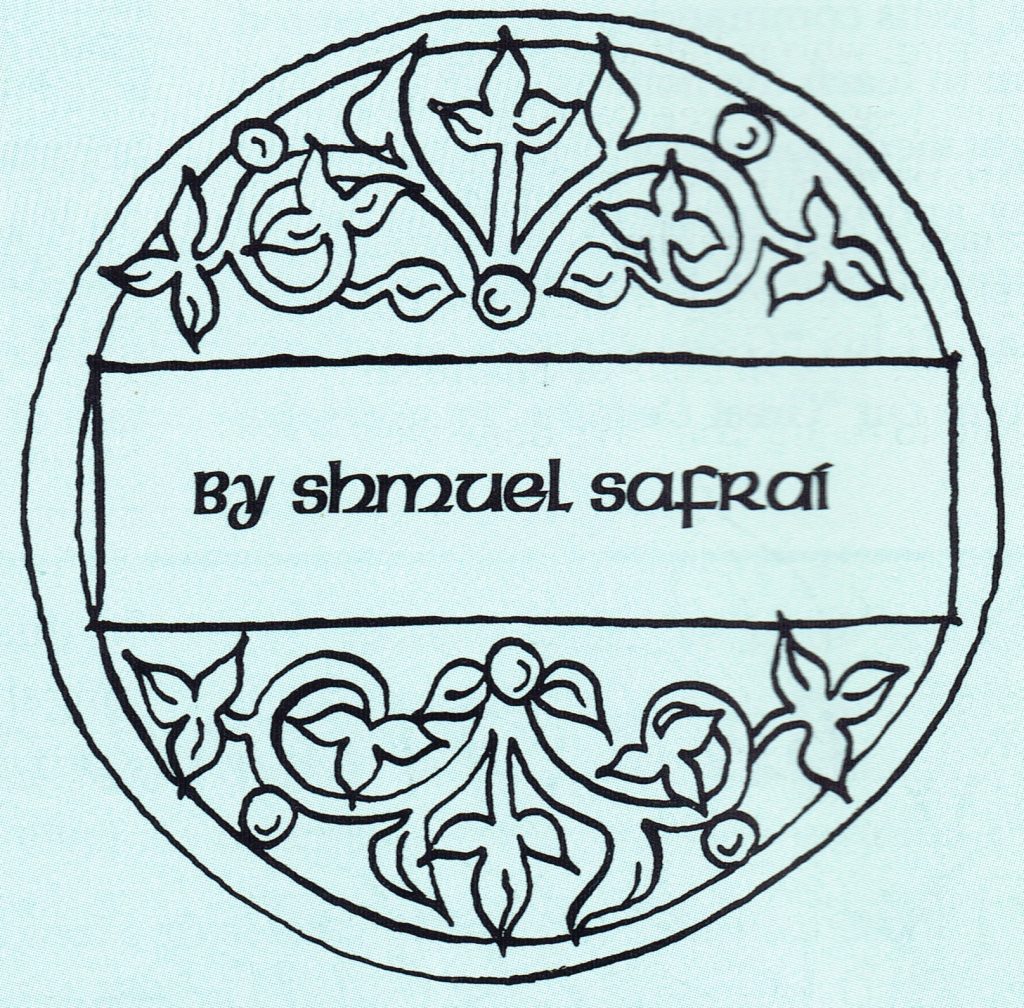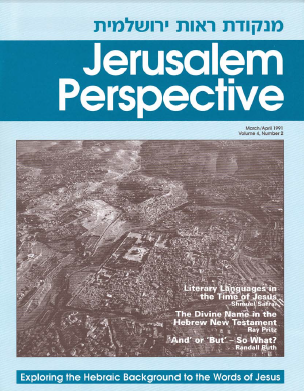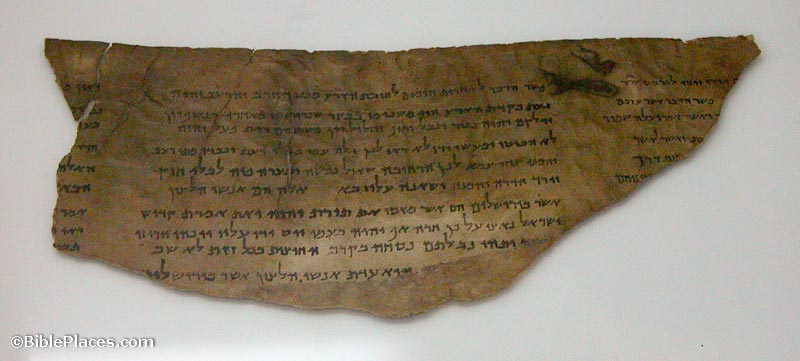How to cite this article: Shmuel Safrai, “Literary Languages in the Time of Jesus,” Jerusalem Perspective 31 (1991): 3-8 [https://www.jerusalemperspective.com/2563/].

Most Jewish literary activity in the first century C.E. did not take the form of written works, but rather consisted of oral compositions. This was the accepted literary mode of the Pharisees, as well as of Jesus and his early followers. The Sadducees and the Essenes may have written their Bible commentaries and halachah, but the more widely followed Pharisees generally did not. The few written works emanating from Pharisaic circles or groups close to them, such as Megillat Ta‘anit (Scroll of Fasts) or apocryphal works such as 4 Ezra (= 2 Esdras) or the Syriac Apocalypse of Baruch, were certainly a minority.
Teaching, both in large and small groups, was based on oral instruction and not on the reading of texts. Rabbinic sources describe instruction in the synagogue as oral. Synagogal literature such as prayers can be considered part of the literary activity of the time, and this genre likewise began as oral literature.
The documentation of this oral literature took place after the period under discussion here. The first stages of the editing of the Mishnah by Rabbi Yehudah ha-Nasi, and apparently its final redaction as well, took place at the end of the second and the beginning of the third century C.E. In the first century C.E., the literary activity of the sages was oral and their literary creations were transmitted orally. Although it is probable that students sometimes took notes when their teacher taught (rabbinic sources only give evidence of this practice beginning in the second century C.E.), it is necessary to stress that the majority of teaching and study was oral.
Paid Content
Premium Members and Friends of JP must be logged in to access this content: Login
If you do not have a paid subscription, please consider registering as a Premium Member starting at $10/month (paid monthly) or only $5/month (paid annually): Register
One Time Purchase Rather Than Membership
Rather than purchasing a membership subscription, you may purchase access to this single page for $1.99 USD. To purchase access we strongly encourage users to first register for a free account with JP (Register), which will make the process of accessing your purchase much simpler. Once you have registered you may login and purchase access to this page at this link:



![Shmuel Safrai [1919-2003]](https://www.jerusalemperspective.com/wp-content/uploads/userphoto/20.jpg)




























































































